sorry for my bad English level, I'm from Argentina.
I have the following messages data structure in Firebase:
"messages"
"-KezmqXSdKCNFFA432Uc___-KfCEwklG_y3naRDIUiY"
"messageDate": "20170620"
"messageTime": "18:44"
"message": "Hi"
"-KezFDSAADFASFFS3221___-KASDF32324SDFASD1FS"
"messageDate": "20170620"
"messageTime": "22:23"
"message": "How are you?"
Where -KezmqXSdKCNFFA432Uc, -KfCEwklG_y3naRDIUiY, -KezFDSAADFASFFS3221 and -KASDF32324SDFASD1FS are users.
My problem is that I created a childEventListener in "messages" node to receive new users messages but I am receiving all the new messages of all the users (I'm logged in one user per app) because my childListener is in "messages" node.
Is it correct that if I have 1000 users when adding a message, a new message reaches the 1000 users? (Assuming that within the app, you can check to which user that message belongs).
Thanks!
